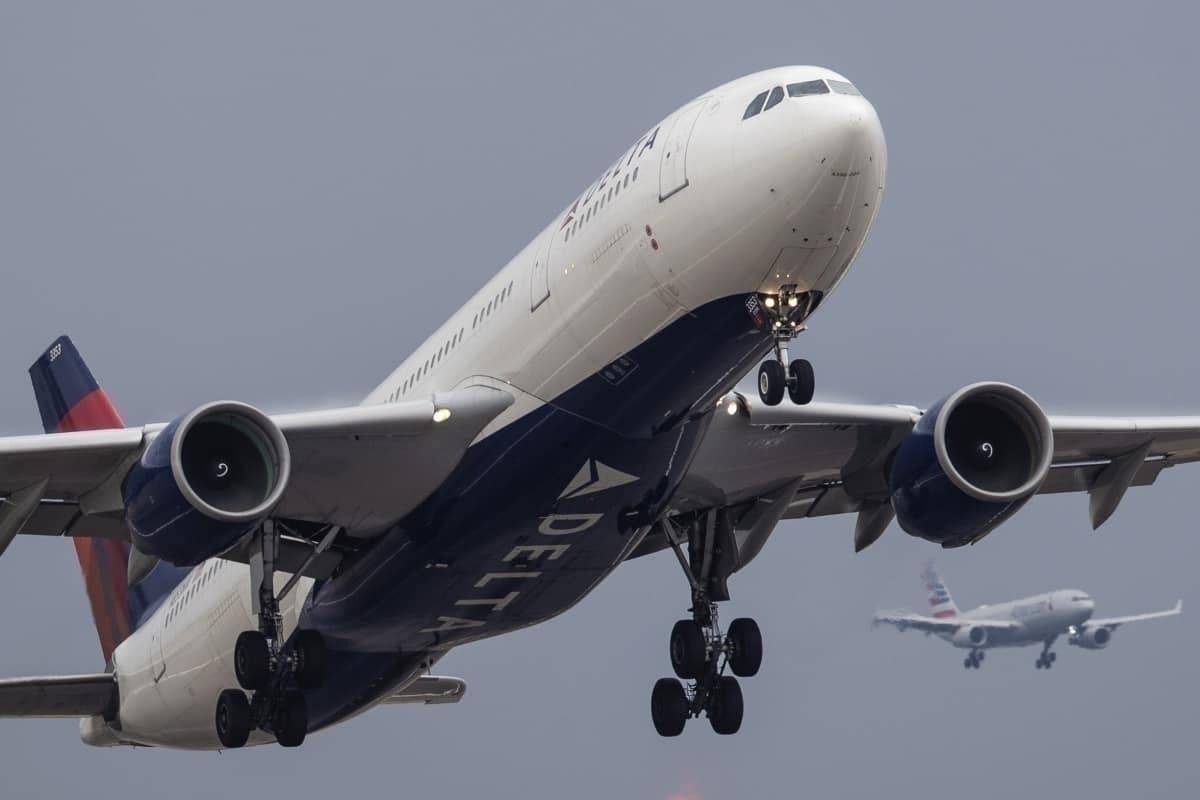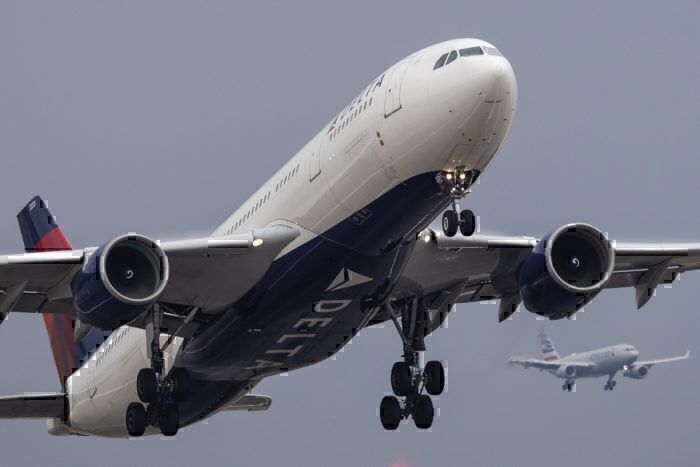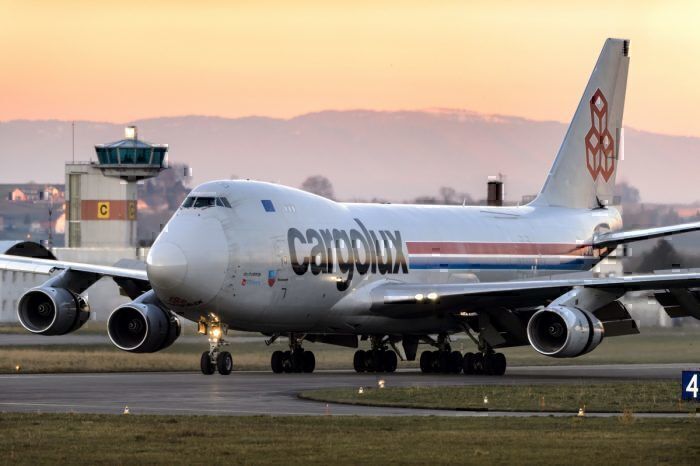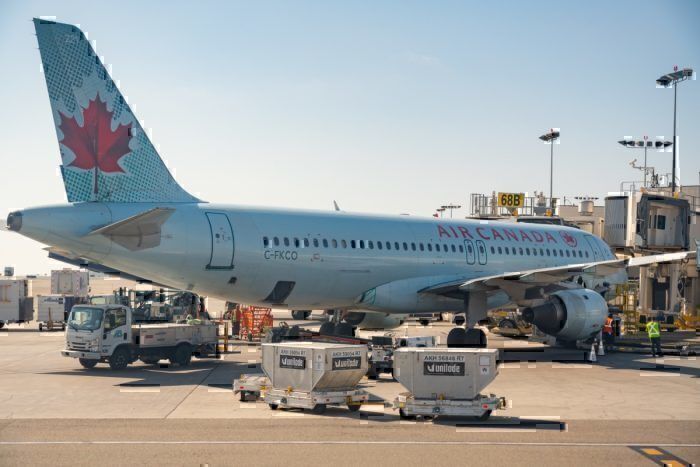In a world of decreasing passenger connectivity, it's becoming necessary for airlines to repurpose aircraft specifically for cargo routes. Which airlines have made to jump to cargo carriers and how far can we expect the trend to continue?
Why do airlines like cargo?
If you don't know already, many airlines made a significant chunk of their revenue from transporting cargo under passengers on board their aircraft. As in, containers that are not associated with any passengers onboard but are being shipped by freight companies.
Cargo has several advantages over passengers:
- They are willing to pay a premium to be on an earlier flight.
- They do not require any services such as entertainment, food or even heat.
- Cargo is happy to pay more than a passenger and there is little competition (no such thing as a low-cost cargo carrier, nor will cargo shop around).
- Cargo is not banned from entering countries nor will it be affected by health issues.
- Cargo flights still require a full team to operate, allowing many to remain in their jobs.
Since the beginning of the current aviation crisis, airlines have become more concerned about securing increased non-passenger revenue streams; cargo is a great solution. After all, many airlines now have a grounded fleet of widebody aircraft with plenty of room onboard. Why not put them to work hauling cargo?
Which airlines have run cargo-only services?
Whilst there are plenty of airlines that run just cargo operations (for example FedEx), or have their own cargo fleets (like Qatar), we are more interested in the airlines that normally run passenger services switching over to freight.
American Airlines was one of the first carriers to switch its passenger aircraft over to cargo aircraft, using a Boeing 777 to transport medical supplies overseas for the first time in 36 years.
Air Canada quickly followed, with its own Air Canada Cargo operation, using the passenger aircraft from the mainline fleet to run cargo-only flights.
"We have already begun flights to Europe, and we are planning to expand this program to Latin America and South America, as well as within Canada, including remote communities using Air Canada Express aircraft. In addition to providing a much-needed service, these cargo-only flights are also supporting jobs at Air Canada,” said Tim Strauss, Vice President of Cargo, at Air Canada to World Airline News.
Delta Air Lines has been using idle aircraft ferry supplies from Europe to America, such as from Dublin to Atlanta just two days ago. They have been using both Airbus A350s and Boeing 777s, the biggest in their fleet to haul cargo.
“We’re here to help keep global commerce moving and supply lines open,” said Shawn Cole, Vice President - Delta Cargo in a press release. “Transforming our operation to provide cargo-only charter flights allows us to diversify our business at a time where the global need to move critical supplies is significant. It’s also core to what we do and who we are—ensuring we connect the world, even in challenging times.”
Even Airbus, the airframe manufacture has been using its prototype aircraft (such as the Airbus A330-800neo) to fly medical supplies from China to Europe.
We expect more airlines in the future to be using their grounded passenger aircraft to fly cargo, especially between regions of the world cut off from the global supply chain.
What do you think? Which airline should operate cargo-only flights next? Let us know in the comments.




